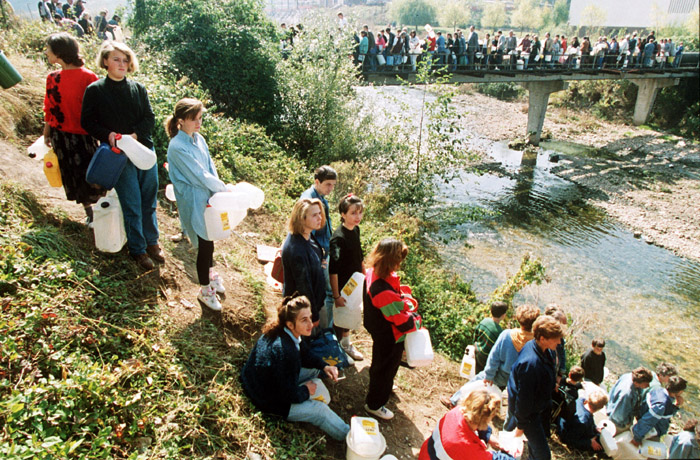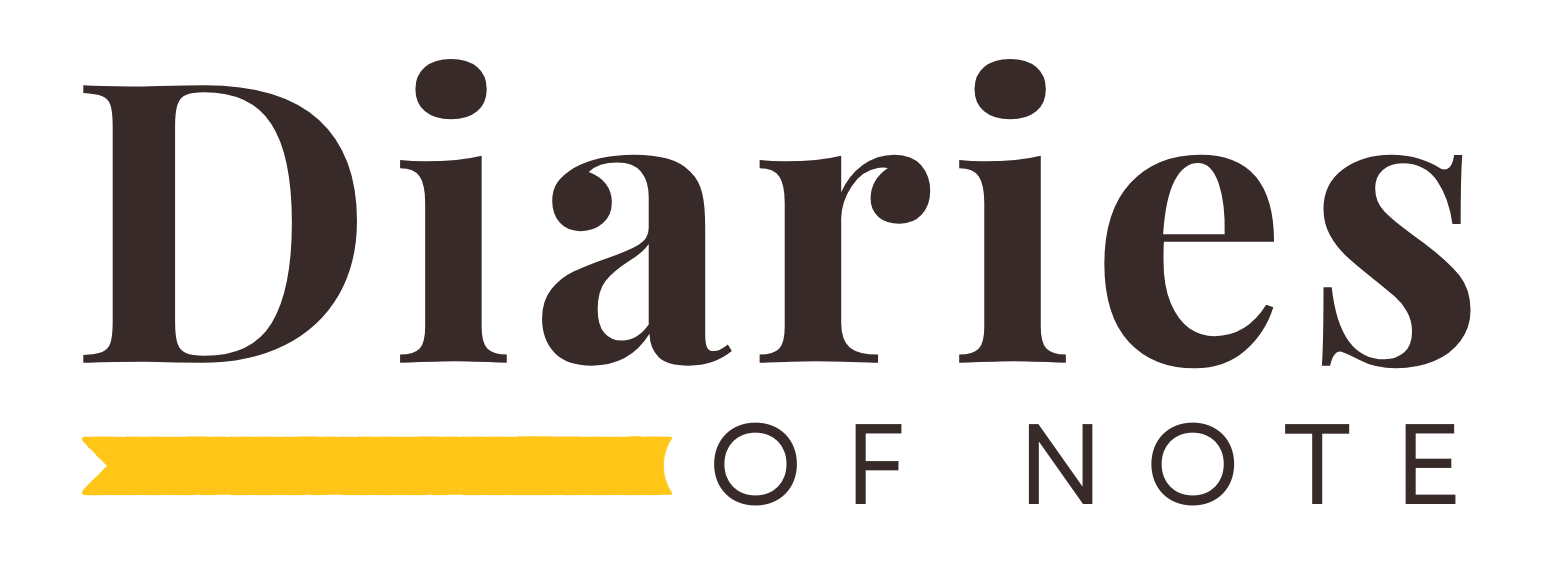Your cart is currently empty!
Today was truly, absolutely the worst day ever in Sarajevo

Photo: Mikhail Evstafiev
In April 1992, following Bosnia’s declaration of independence from Yugoslavia, simmering tensions among the region’s ethnic groups escalated into the devastating Bosnian War. It wasn’t long before the city of Sarajevo found itself under siege. Amidst the chaos, a courageous young girl named Zlata Filipović took up her pen to chronicle the harrowing experiences of civilians caught in the crossfire, addressing regular entries to a diary she affectionately called “Mimmy.” The entry that follows was written on the 2nd of May, 1992, the day when thousands of Bosnian Serbs completed their encirclement of Sarajevo and unleashed a relentless bombardment upon the city. At the time, she was just eleven years old.
The Diary Entry
Saturday, 2 May
Dear Mimmy,
Today was truly, absolutely the worst day ever in Sarajevo. The shooting started around noon. Mummy and I moved into the hall. Daddy was in his office, under our flat, at the time. We told him on the interphone to run quickly to the downstairs lobby where we’d meet him. We brought Cicko [Zlata’s canary] with us. The gunfire was getting worse, and we couldn’t get over the wall to the Bobars, so we ran down to our own cellar.
The cellar is ugly, dark, smelly. Mummy, who’s terrified of mice, had two fears to cope with. The three of us were in the same corner as the other day. We listened to the pounding shells, the shooting, the thundering noise overhead. We even heard planes. At one moment I realised that this awful cellar was the only place that could save our lives. Suddenly, it started to look almost warm and nice. It was the only way we could defend ourselves against all this terrible shooting. We heard glass shattering in our street. Horrible. I put my fingers in my ears to block out the terrible sounds. I was worried about Cicko. We had left him behind in the lobby. Would he catch cold there? Would something hit him? I was terribly hungry and thirsty. We had left our half-cooked lunch in the kitchen.
When the shooting died down a bit, Daddy ran over to our flat and brought us back some sandwiches. He said he could smell something burning and that the phones weren’t working. He brought our TV set down to the cellar. That’s when we learned that the main post office (near us) was on fire and that they had kidnapped our President. At around 20.00 we went back up to our flat. Almost every window in our street was broken. Ours were all right, thank God. I saw the post office in flames. A terrible sight. The fire-fighters battled with the raging fire. Daddy took a few photos of the post office being devoured the flames. He said they wouldn’t come out because I had been fiddling with something on the camera. I was sorry. The whole flat smelled of the burning fire. God, and I used to pass by there every day. It had just been done up. It was huge and beautiful, and now it was being swallowed up by the flames. It was disappearing. That’s what this neighbourhood of mine looks like, dear Mimmy. I wonder what it’s like in other parts of town? I heard on the radio that it was awful around the Eternal Flame. The place is knee-deep in glass. We’re worried about Grandma and Grandad. They live there. Tomorrow, if we can go out, we’ll see how they are. A terrible day. This has been the worst, most awful day in my eleven-year-old life. I hope it will be the only one.
Mummy and Daddy are very edgy. I have to go to bed.
Ciao!
ZLATA
Further Reading
In 1992, Zlata shared her diary with a teacher who, with assistance from the International Centre for Peace, arranged for its publication in Croatian. The young diarist’s story quickly gained attention, and her poignant account of life amid war was soon translated into numerous languages. The English edition is titled, Zlata’s Diary: A Child’s Life in Wartime Sarajevo. In 1995, Zlata and her family managed to escape the war-torn city of Sarajevo, finding refuge in Paris, France. A decade later, she co-edited the compelling anthology, Stolen Voices: Young People’s War Diaries, from World War I to Iraq.
Diary entry excerpted from Zlata’s Diary: A Child’s Life in Sarajevo, translated with notes by Christina Pribichevich-Zoric. First published by Penguin Books Ltd in 1994.
Make a Donation
If you’re able, please consider supporting Diaries of Note with a donation.

Leave a Reply